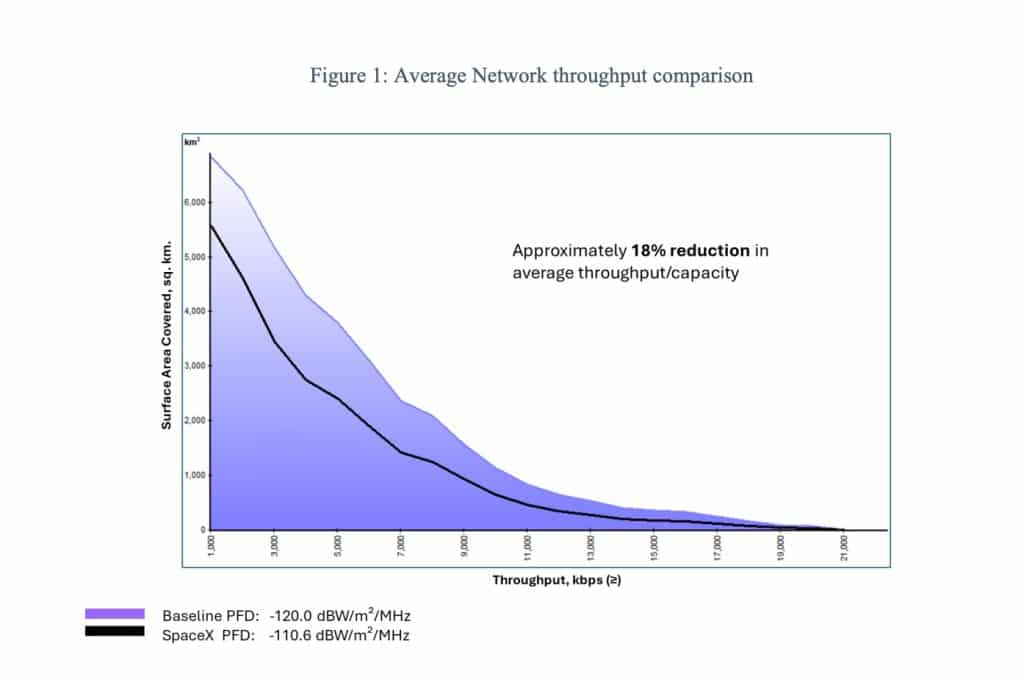- 📡 SpaceX plans to launch Cellular Starlink to offer extensive coverage.
- 📑 AT&T and Verizon oppose SpaceX’s plan, citing interference issues.
- 📉 AT&T claims a potential 18% reduction in their network’s throughput.
- 📜 SpaceX seeks an FCC waiver to operate outside normal radio frequency limits.
- 🛰️ SpaceX argues their study shows interference is not a problem, contradicting competitor studies.
- 🚫 Verizon asserts SpaceX’s proposal would harm incumbent operations.
- 🛡️ SpaceX accuses competitors of obstructing their FCC approval process.
The Promise of Cellular Starlink
SpaceX’s Starlink has already stirred the satellite internet landscape by delivering internet to remote locations that traditional broadband services struggle to reach. With the expansion into cellular services, SpaceX aims to offer even more comprehensive coverage to these underserved areas. By utilizing a network of low-Earth orbit satellites, Cellular Starlink could bridge the digital divide, offering quality connectivity to people who have typically been left out.
Resistance from Telecom Giants
Concerns of Interference
AT&T and Verizon, two of the largest telecom providers in the United States, have taken a firm stance against SpaceX’s plans. Their primary concern? Interference. Both companies have communicated to the Federal Communications Commission (FCC) that SpaceX’s proposal could lead to significant interference with existing mobile networks. In particular, AT&T asserts that the Starlink implementation could cause an 18% reduction in their network’s downlink throughput—a substantial effect that could degrade the quality of service to their customers.
FCC Waiver: A Technical and Legal Hurdle
What SpaceX Seeks
To execute their vision, SpaceX has requested a waiver from the FCC to operate beyond established radio frequency parameters. This waiver, if granted, would allow Starlink to function without traditional frequency restrictions, thereby maximizing its coverage capabilities.
Industry Implications
- Increased Competition: Granting this waiver may increase competition, as SpaceX could serve more end users effectively.
- Technological Innovation: Relaxed frequency restrictions could drive innovation in satellite and mobile communication technologies.
- Regulatory Precedents: Approving the waiver could set new regulatory standards, potentially affecting future telecommunications policy.
The War of Studies
SpaceX has conducted its own interferences study, arguing that their system does not pose a significant threat to existing networks. However, AT&T and Verizon have presented conflicting results. The variance in findings raises questions about study methodologies and potential biases in proprietary research, highlighting the complexities of assessing technological impacts in a competitive market.

Caught in a Regulatory Limbo
SpaceX accuses their opponents of deliberately stalling the FCC approval process. According to SpaceX, AT&T and Verizon are using these interference claims as a strategic maneuver to forestall the entry of a formidable new competitor. Such tactics, if true, highlight an undertone of protectionism common in technology and telecommunications industries, where incumbents often challenge disruptors not just on technical grounds but through complex regulatory and legal processes.
Conclusion: Navigating the Path Forward
The dispute over Cellular Starlink underscores a critical junction at which technology, regulation, and competition intersect. As SpaceX strives to expand its disruptive services, the telecom industry as a whole must grapple with balancing innovation with the operational realities of existing infrastructure.
Stakeholders, including consumers who stand to benefit from enhanced connectivity, regulators aiming to maintain fair market conditions, and companies striving for technological leadership, have vested interests in the outcomes of these debates.





